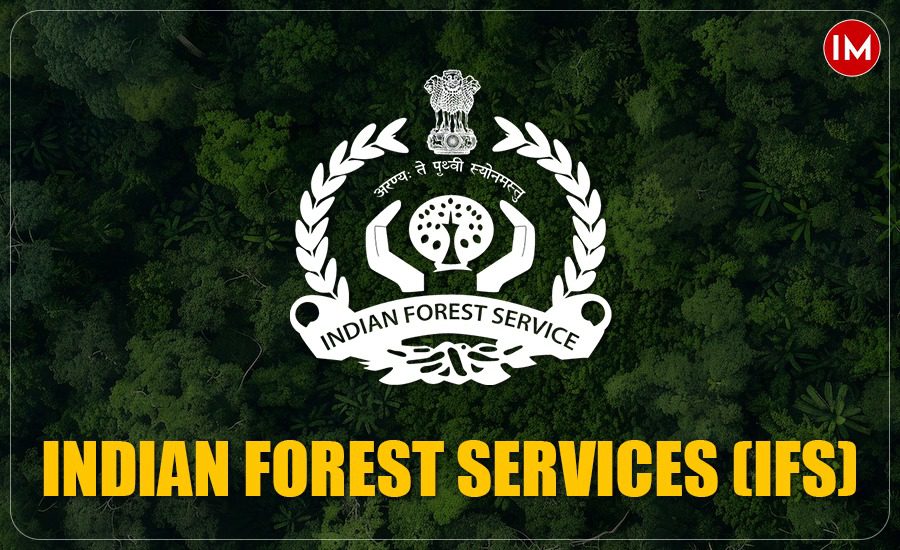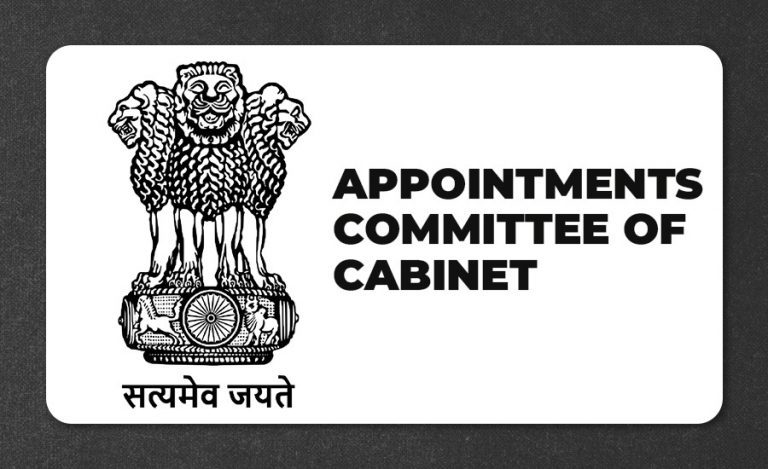Jammu: In a landmark ecological initiative, the Jammu and Kashmir Forest Department has partnered with the Jammu Municipal Corporation (JMC) to establish the region’s first state-owned Miyawaki forest, also doubling as a Smriti Van, in the Qasim Nagar area of Jammu district. The high-density forest is being developed under the Union Government’s National Clean Air Programme (NCAP).
Reviving Barren Forest Land with Indigenous Biodiversity
This pioneering project will transform 2.8 hectares of previously barren forest land at the site of the Old Timber Sale Depot in Qasim Nagar into a thriving, fast-growing Miyawaki forest. Approximately 8000 to 9000 saplings of native tree and shrub species will be planted under the Miyawaki method, a technique pioneered by Japanese botanist Akira Miyawaki. Known for accelerating forest growth, this method promises vegetation that is 10 times faster-growing, 30 times denser, and 100 times more biodiverse than conventional afforestation practices.
The project is being implemented at an estimated cost of ₹6 to ₹6.5 lakh, fully funded by the Ministry of Environment, Forest and Climate Change under NCAP.
Urban Forestry Division Leads the Charge
Ashwani Kumar, Divisional Forest Officer (DFO), Urban Forestry Division Jammu, confirmed that this will be the first government-initiated Miyawaki project on such a large scale in the Jammu district.
“We are excited to lead this ambitious project in partnership with JMC,” he said. “With the support of NCAP, we plan to reimagine barren forest patches as dense, green urban lungs.”
Highlighting the uniqueness of the effort, Kumar pointed out that while small-scale Miyawaki plantations have been undertaken in Jammu before — notably by volunteer group EcoRider and the EcoSikh movement with their “Guru Nanak Sacred Jungle” at Bhour Camp — this is the first time a large tract of government land is being reforested through this method.
Also Read: Elephant Herd Mourns Lost Kin After Jhargram Train Tragedy – A Wake-Up Call for AI Alerts
Smriti Van to Preserve Memories and Greenery
The Qasim Nagar site is also envisioned as a Smriti Van — a commemorative forest that serves both ecological and cultural purposes by honoring significant national personalities. This approach integrates memory with conservation, offering the public a new way to connect with heritage and the environment.
Next Target: Roop Nagar’s Dumping Site Turned Van Vatika
Following the Qasim Nagar model, the Forest Department has set its sights on developing another Miyawaki forest on Jammu Development Authority (JDA) land in Roop Nagar’s Sector 4. The site, previously used as an informal dumping ground, has already been cleared and repurposed into a Van Vatika — a green public space.
“Our team has removed debris and transformed the location. After the Qasim Nagar forest takes shape, we’ll initiate work on the Roop Nagar Miyawaki forest,” DFO Ashwani Kumar added.
Completion Timeline and Outlook
With site cleaning already underway, the Forest Department expects the Qasim Nagar Miyawaki forest to be fully developed within a year. Once completed, it will stand as a testament to Jammu’s growing commitment to urban afforestation, clean air, and ecological restoration.




























